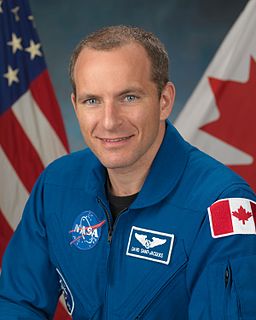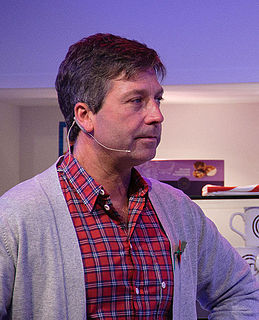Цитата Крейга Килбургера
В We Connectivity Hub три глобальных класса, оснащенных технологией Skype от Microsoft, проведут семинары, тренинги по лидерству и наставничество в самых отдаленных и труднодоступных сельских общинах Канады, особенно в общинах коренных народов, без необходимости летать за тысячи километров в городской центр.
Связанные цитаты
Космос — наш инструмент для заботы о мире. Из космоса мы знаем, что Земля хрупка, и мы можем следить за разливами нефти и лесными пожарами, следить за окружающей средой и спасать ее. Потребности отдаленных сообществ и потребности космонавтов схожи. Канада — большая страна, в которой много людей живет в отдаленных местах. Врачам в отдаленных районах необходимо контактировать с более старшими коллегами. Мы зависим от телемедицины в плане советов, рентгена, анализов. На самом простом техническом уровне космические технологии способствуют удаленному медицинскому обслуживанию.
Я думаю, что мы должны действительно сосредоточиться на проблемах гораздо больше, чем мы могли бы иметь в прошлом. Я думаю, что мы должны стремиться к созданию коалиционных стратегий, выходящих за рамки расовых границ. Нам нужно объединить чернокожие сообщества, сообщества чикано, пуэрториканские сообщества, азиатско-американские сообщества.
Нам нужен более целостный подход, при котором мы учитываем наиболее уязвимые слои общества. Мы не должны просто делать широкое усреднение статистики по стране, нам нужно дезагрегировать данные, чтобы определить, где больше всего нужны ресурсы. В большинстве случаев, как правило, наоборот: самые маргинализированные меньшинства, а также сельские и отдаленные общины получают меньше всего внимания и денег.
Цель придает смысл жизни. Это похоже на ступицу в колесе — каждая спица вставлена в нее, образуя прочный и совершенный круг. Без такой втулки спицы не будут расходиться равномерно, и вашему колесу будет не хватать прочности, оно будет ломаться при первой же хорошей кочке. Имея сильную ступицу, сильную цель, человек может выдержать удивительное количество толчков и толчков на внешнем ободе, не получив необратимых повреждений.






































